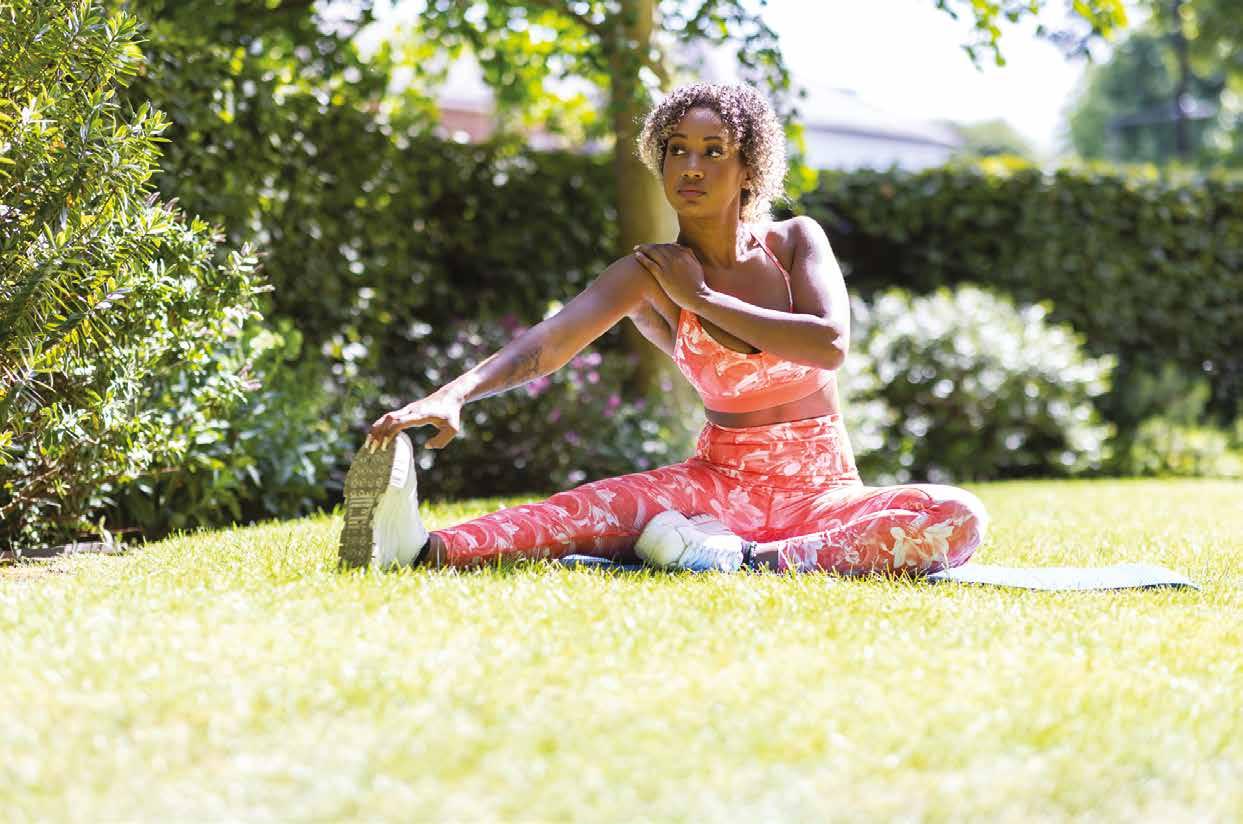
2 minute read
Avoiding injuries this summer
gave us some insider knowledge on injuries they frequently see, and shared some tips for avoiding them this summer.
Broadly speaking, you can divide injuries into two groups. The first is people slipping and falling when they’re out and about, and sustaining fractures or breaks. The other is repetitive overuse, which can result from playing sport. This includes conditions such as tennis elbow, SLAP tears and shoulder bursitis.
Tennis Elbow
This causes pain around the outside of the elbow, which can also radiate down the arm to the wrist. This can be mild and only felt when using the elbow, to a constant burning pain that interferes with everything from washing to sleeping. In some instances, people can even lose the ability to fully extend their arm.
Summer is the perfect time to play more sport or take up something new. With so many tournaments, including Wimbledon, The Open, and The Ashes, taking place during the warmer months, there’s plenty to inspire and motivate us to get out and get moving.

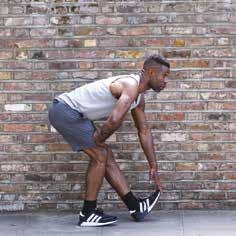
However, without care and attention, and particularly if you’re a little out of practice, it’s easy to get injured.
We spoke to Mr Edward Ibrahim and Mr Dimitrios Tsekes, Consultant Upper Limb Surgeons at St John & St Elizabeth Hospital, who
It’s called tennis elbow because the prevalence is high in people that play tennis. In reality, it occurs in any number of sports, and even in people that don’t play sports.
SLAP (SUPERIOR LABRUM, ANTERIOR TO POSTERIOR) INJURY
This happens when cartilage in the inner part of your shoulder joint tears. Tears can happen over time in people who play sports that require overhead motion, such as tennis, cricket and lifting weights.
A SLAP injury can make it painful to move your shoulder and arm; cause popping noises or a grinding feeling when you move your shoulder; and make it feel like your shoulder might pop out of the shoulder blade.
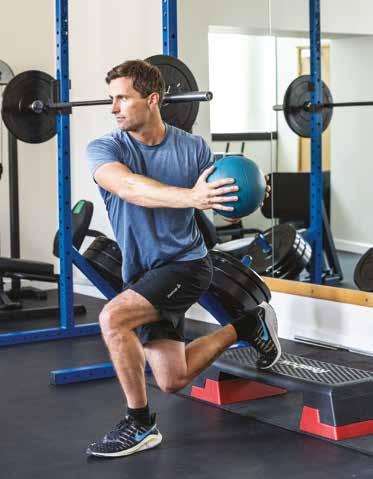
Shoulder Bursitis
This is when the tendons and bursa swell and become inflamed. The bursa is a soft sack that contains fluid and cushions the joint. Usually, this happens over a long period with repeated irritation to the area, and can affect people that lift weights or play sports which involve overhead motions.
Preventing Injuries
In general, injuries are caused by repetitive overuse, the intensity of participation in a sport and not giving the body enough time to recover.
To avoid an injury, it’s really important to warm up before and after exercising, stretch regularly, and build muscle gradually.
Varying your activity, rather than doing one type intensely, can also reduce your risk of injury. Try to combine some other workouts, like yoga, Pilates and strength training, alongside your preferred sport.
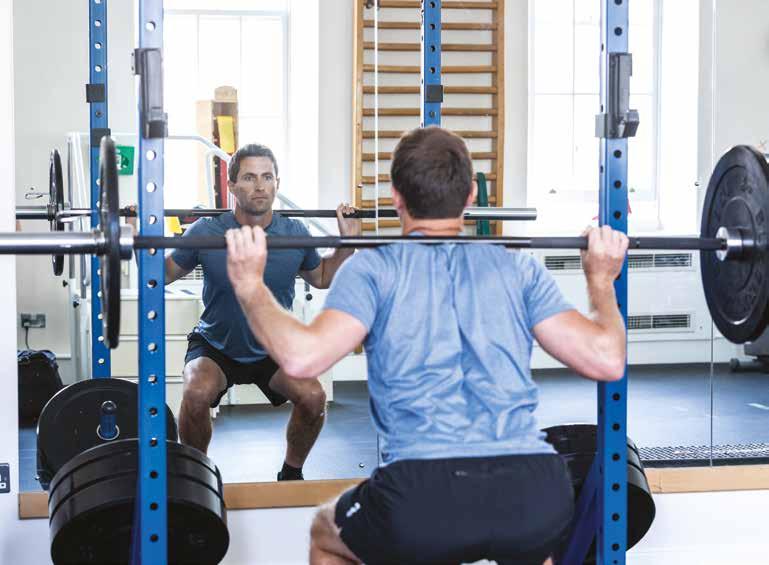
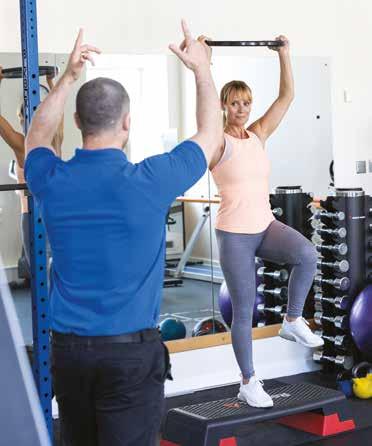
Finally, remember that rest is essential to integrating the benefits of exercise.
What To Do Following An Injury
Stop your activity. If necessary, take painkillers and anti-inflammatories, ice the injury, and get plenty of rest. If after a day or two, you don’t see any improvement, seek help.
Alternatively, if you feel intense pain straight away, book an appointment with a specialist so you can start your recovery without delay.
WHAT TO EXPECT FROM A SHOULDER & ELBOW CONSULTATION
The first thing is to establish a diagnosis. This involves taking a history and conducting an examination, which can include scans, such as x-ray or MRI to find out the severity of the problem. Most people won’t need surgery and can get better with lifestyle modifications, pain management, and by seeing an accredited upper limb physiotherapist.
Here To Help
If you’re in pain or struggling with an injury, Mr Ibrahim and Mr Tsekes are leaders in their field and work alongside a team of specialist consultants at St John & St Elizabeth Hospital in North West London. Find out more: hje.org.uk/summer-sports


Or call 0207 078 3891 to book an appointment.
St John & St Elizabeth Hospital 60 Grove End Road, London, NW8 9NH










